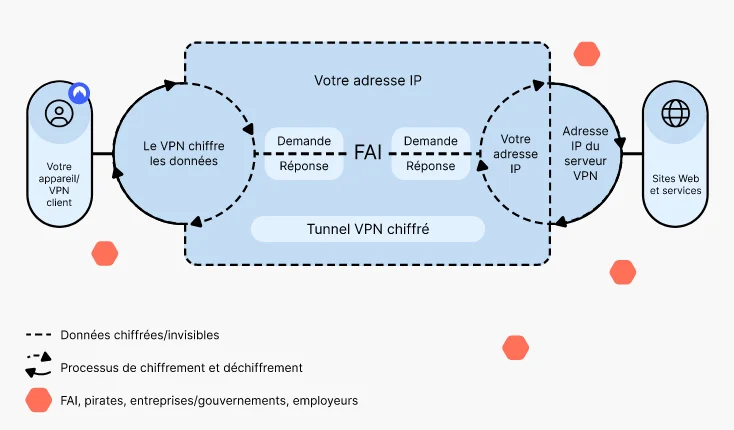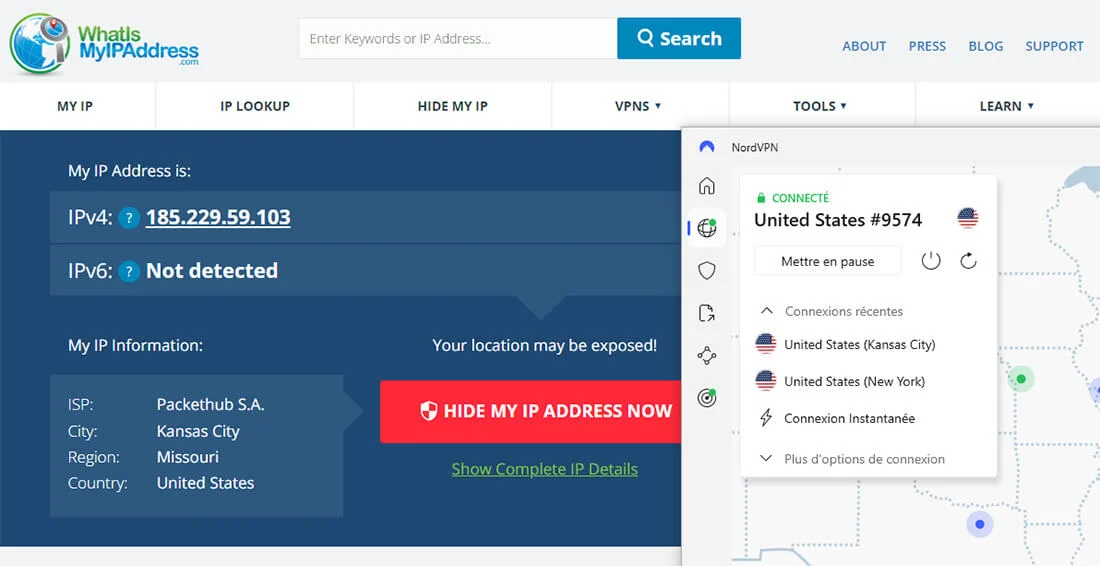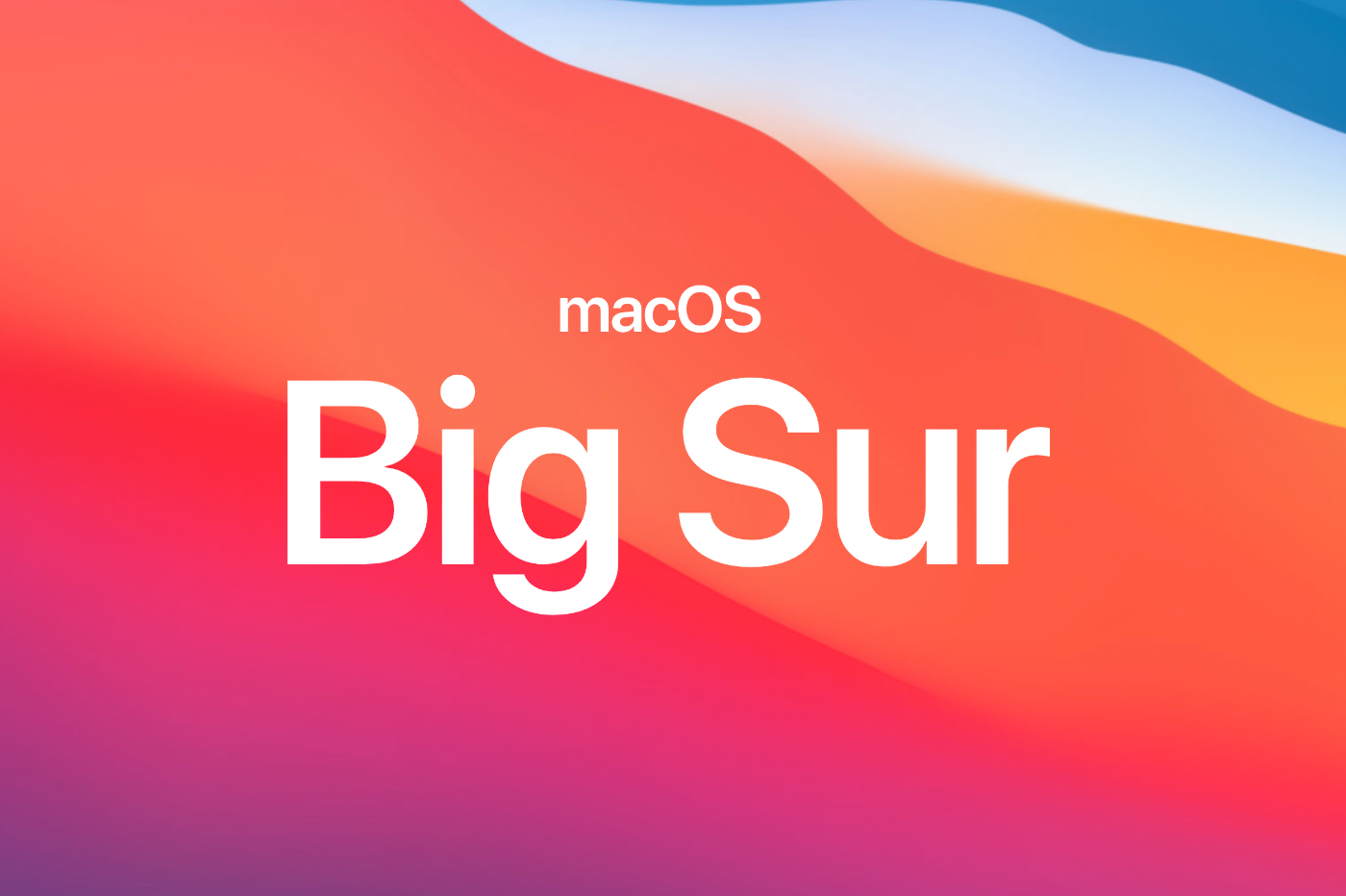Virtual Private Networks have been in vogue for several years and 2024 is no exception to this rule. Like many internet users around the world, you may be considering installing a VPN on your devices but not sure if these tools are really worth it? We take stock of the advantages and disadvantages of VPNs to help you make an informed decision.
What is a VPN?
Before listing the pros and cons of VPNs, let's briefly review what a VPN is and how this software works. VPNs, or Virtual Private Network in French, are software that helps protect all of your data and your digital identity.
VPNs are compatible on many media such as computers, tablets, smartphones and often televisions and connected boxes. On this subject, if you are interested we have tested several in order to establisha ranking of the best VPNs on the Fire TV Stick. Sometimes it is even possible to configure the VPN on a Wi-Fi router. Contrary to what one might think, these tools are not complicated to use.
As we will see in this section, VPNs are useful in many everyday situations.
VPNs to protect your online data
The major advantage of VPNs is that they protect all your data circulating on the web: passwords, banking identifiers, sites consulted, files downloaded and sent, etc. To achieve this, they create a secure tunnel between you and the Internet network through their VPN server. This tunnel is subject to state-of-the-art encryption.

© NordVPN
Most often, this is AES (Advanced Encryption Standard) technology with 256-bit keys. For the moment, this standard has not seen any attack. The information is therefore scrambled and untranslatable. This means that your traffic cannot be decrypted by malicious people or even your Internet service provider. VPNs therefore act as shields against online surveillance, data theft and resale. You are also protected from marketing targeting. Enabling a VPN is highly recommended on public Wi-Fi networks where security is lacking.
VPNs to preserve your privacy
If there is another advantage that we can attribute to VPNs, it is that they reinforce the anonymity and privacy of Internet users. These applications have the characteristicto hide the IP address of its users. As a reminder, the IP (Internet Protocol) address is a unique number that allows each Internet user to be identified. This is the IP address that allows your identity to be traced. Your Internet Service Provider (ISP) can therefore know which sites you have visited.
IMAGE
With a VPN, the problem no longer arises because your connection will be redirected by a VPN server before joining the Internet network. It is therefore the IP address of the server in question which will be visible to websites. VPN server IPs number in the thousands and are regularly changed. Without seeing the original IP address, it is impossible for your ISP to trace you or track your online activities.
VPNs to change your geographic location
The third advantage of VPNs concerns changing location. You should know that on the internet, it is possible for sites to know the location of visitors using their IP address. The contents may therefore vary depending on the content. To change your location, it is not enough to hide your IP address. It is also necessary to modify it; what VPNs allow you to do thanks to their servers located around the world.

Obtaining an IP address located in the United States (from France) with the help of NordVPN © iPhon.fr
Better yet, you can choose which country you want to be in virtually by manually selecting the one you want from the interface. Generally, the territories covered are clearly identifiable and it only takes one click to connect to them. The change of location is then instantaneous.
Be aware that the amount of countries covered is an important point to consider when choosing a VPN. For example, NordVPN offers servers in 111 countries compared to 100 for CyberGhost.
VPNs to access geo-blocked content or services
The Internet is a vast network which, contrary to what one might think, is not accessible to everyone. Some sites restrict their content according to the geolocation of Internet users. Sometimes, access to a site is even completely prohibited. Fortunately, VPNs make it possible to overcome these blocks by modifying the geographical position of users in order to make websites believe that they are located elsewhere.

© iPhon.fr
Here is a concrete example so that you understand better. For reasons of broadcasting rights, it is normally not possible to watch French television channels outside France. By connecting to a VPN server located in France, your IP address and geolocation will instantly be changed accordingly. You can pretend you were in France and watch your favorite TV programs – even abroad. The same goes for other streaming platforms.
No matter your real location, it is possible to change it to access the applications or sites you want. VPNs are therefore essential to navigate freely outside your country of residence when traveling abroad, on business trips and for expatriates.
VPNs to bypass censorship and restrictions
Another advantage of VPNs can be attributed: their ability to bypass web censorship and internet restrictions. In certain countries around the world, the Internet network is still controlled by the government which exercises a more or less strict form of censorship by blocking access to certain sites, preventing Internet users living there from browsing online in complete freedom. This is the case in China for example where Google, Facebook or even YouTube are not accessible. In this case, it is advisable to have thebest VPN for Chinain order to bypass government censorship.
Blockages can also come from firewalls in schools or businesses. Using a VPN allows you to encrypt your traffic. Impossible for Wi-Fi operators or the local network to prohibit you from doing anything since they will not be able to inspect your activity. Additionally, camouflaging and changing your IP address to another territory can obscure your real identity. Thanks to VPNs, you will be able to thwart censorship in a secure manner.
VPNs to pay less for certain services
Did you know that a VPN allows you to pay less for certain services? This is a slightly lesser known benefit. However, VPNs can sometimes save you a few dollars when paying online. Indeed, on the internet, prices sometimes vary depending on the territory in which you are located (subscription to various services, plane tickets, etc.). Since VPNs change the location on the web, you can change it in a matter of seconds and thus obtain more advantageous rates. Even if it only works in some cases, it doesn't hurt to try.
VPNs as bulwarks against the dangers of the Internet
VPNs are also excellent defenses against the dangers of the Internet. This last advantage of VPNs is in fact the consequence of the strong points listed previously. By preserving your anonymity and encrypting your information end-to-end, VPNs eliminate the risks of identity theft, data theft and phishing attempts. Although they cannot replace an antivirus, some VPNs include tools capable of detecting and blocking sites that host malware.
VPNs to avoid bandwidth limitation by your ISP
You may not know it, but some Internet Service Providers (ISPs) do not hesitate to limit the bandwidth of some of their customers. In English, we speak of “bandwidth throttling”.
What exactly is it and how will a VPN help you with this?
This is a method of limiting a user's flow rates for a period of time. Why do ISPs do such a thing? In order to be able to guarantee a correct experience for all their customers during busy periods.
Users who carry out activities that require a lot of bandwidth (torrenting, streaming, gaming, etc.) will be the first targeted by such measures.
One of the advantages of VPNs is that they will give you the opportunity to avoid such restrictions. By encrypting your Internet traffic, they will prevent your Internet Service Provider from knowing what you do online. This way, your ISP will not be able to restrict your bandwidth.
This will therefore allow you to benefit from it without any limitation or drop in speed.
VPNs to improve your online gaming experience
Another strength of VPNs concerns gamers. Those who are used to playing online games greatly appreciate these services.
In addition to ensuring your security and avoiding potential DDoS attacks, VPNs can help you change your online location to access servers reserved for players in other countries or continents.
For example, you will be able to take advantage of this to change region on Valorant, Call of Duty Warzone and many other games.
And of course, if you are suspicious that your Internet service provider is throttling your Internet speeds in the evening (for example), then you can take the opportunity to bypass such limitations. All in two clicks (one to open the application and one to connect to a server).
The disadvantages of a VPN
After reviewing the advantages of VPNs, let's focus on the disadvantages of them. Even if there are fewer of them, it is still important to point them out and take them into account.
VPNs can slow down the internet connection
The first disadvantage of VPNs to highlight concerns the drop in connection speed. This slowdown is due to the technology behind VPNs, i.e. redirecting your traffic to a server. Your connection is no longer direct and goes through an intermediary, namely the VPN server, which will slightly affect your internet connection speed and increase response times. Note that the further the server is from your actual geographic location, the slower the speed.
However, this weak point must be measured since the slowdown actually depends on the VPN provider and the quality of its servers. Some are so good that users don't notice a noticeable difference. This is the case with NordVPN,the fastest VPN in 2024which offers a very stable connection, excellent speeds and unlimited bandwidth.
Quality VPNs pay off
The other disadvantage of VPNs is that they have to be paid for – at least quality VPNs. Indeed, there are no free VPNs capable of offering you security, confidentiality and freedom online for the good reason that these services have a cost (development of the VPN infrastructure, maintenance costs, development of the VPN). application, etc.). So you can be sure that a VPN that offers its services for free finds another way to make money. Unfortunately, this often comes at the expense of user security. Some unscrupulous parties do not hesitate to resell your data to advertisers. IP address leaks are also common with free VPNs.
This is why it is essential to pay if you want a reliable VPN. That said, subscriptions remain relatively accessible (less than 10 euros per month on average), especially since an account offers several simultaneous connections. In addition, it is possible to test certain VPN applications for free without any costs thanks to the providers' money-back guarantee. In general it is around thirty days after subscription. If you need a VPN occasionally, this is ideal.
VPNs can drain battery faster
Among the disadvantages that can be attributed to VPNs is the fact that devices drain faster. Indeed, any application running on a device (computer, tablet or smartphone) will consume energy and VPNs are no exception to this rule.
Rest assured, despite activating the VPN, the difference is minimal. In addition, premium providers have developed faster protocols and reduced certain functionalities in order not to limit the drop in device battery.
Conclusion: more advantages than disadvantages
After listing the pros and cons of VPNs, you will notice that there are more strengths than weaknesses. To summarize, VPNs protect data, maintain online privacy, change geolocation, access blocked content, defeat censorship and reduce the risks associated with Internet use.
Besides that, Virtual Private Networks also have some weak points such as slowing down the internet connection. However, this disadvantage can be minimized provided you turn to a premium VPN like NordVPN. To date, this is the most efficient provider we have tested.
Finally, installing a VPN is worth it since these tools can be used on a daily basis.






